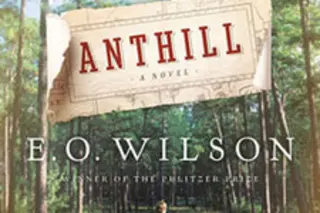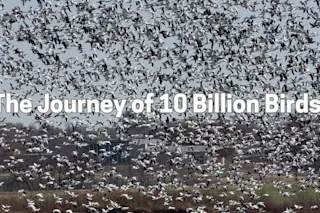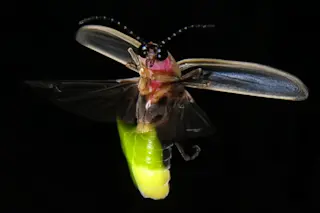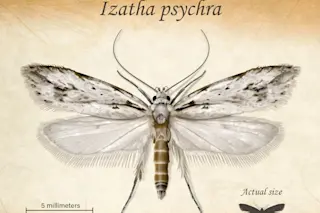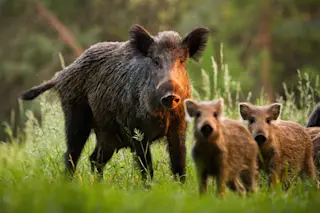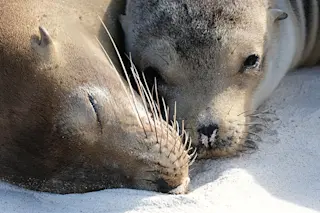Many children have a "bug period"--a time of life when bugs and creepy crawlies are a source of endless fascination and learning. Naturalist Edward O. Wilson jokes that unlike other kids, he never grew out of his bug period. Luckily for this biologist, his lifelong passion for ants has yielded a career rich in accomplishment and accolades. He is not just the world's preeminent expert on the social behavior of ants, but also the recipient of the National Medal of Science and two Pulitzer Prizes for nonfiction. Now, at the age of 80, Wilson has taken a stab at fiction. His first novel, Anthill, combines two of his greatest loves--his childhood home, Alabama, and the ants that have been his lifelong friends. Described as an "six-legged Iliad," Wilson's Anthill draws parallels between human and ant societies.
Though there are no ant symphony orchestras, secret police, or schools of philosophy, both ...


